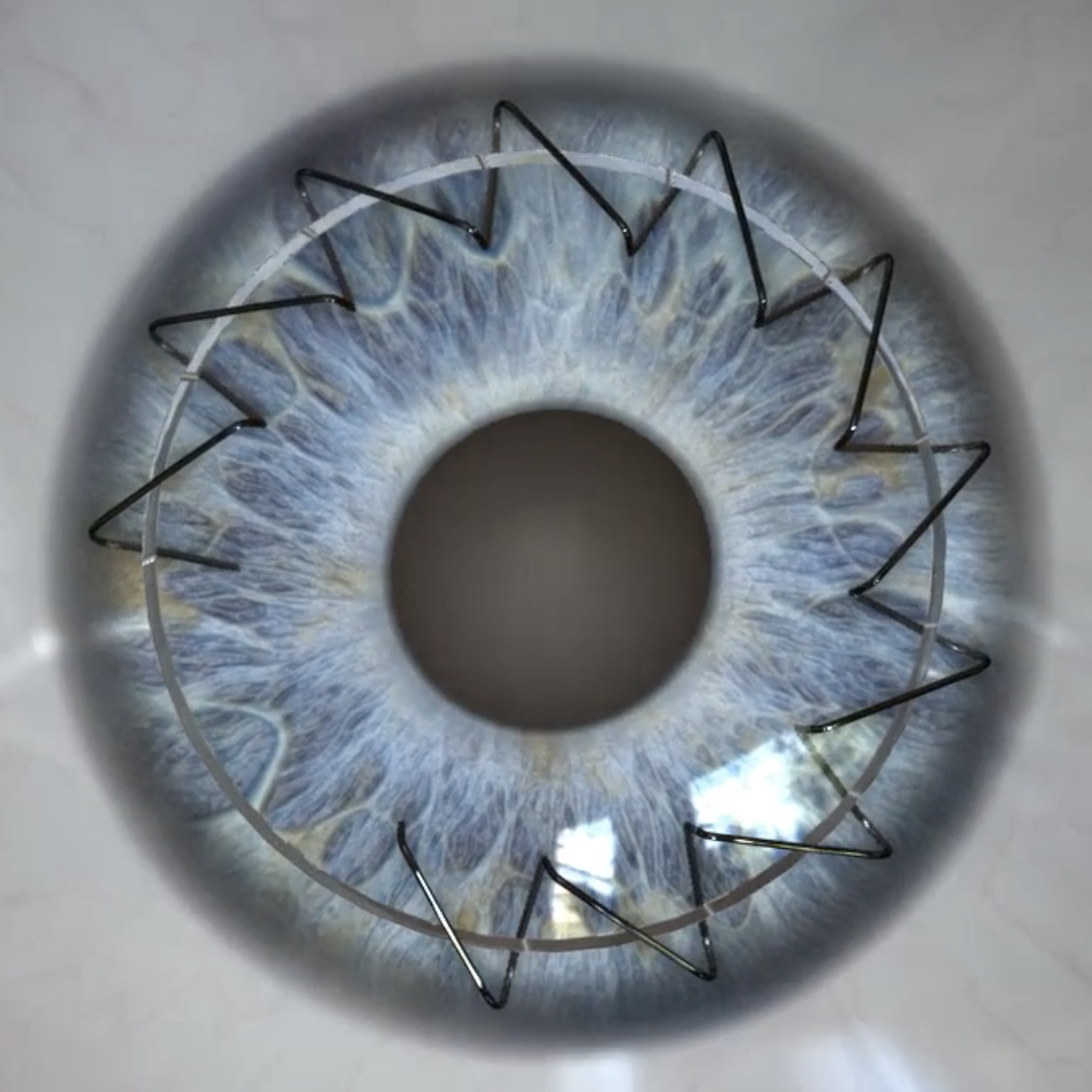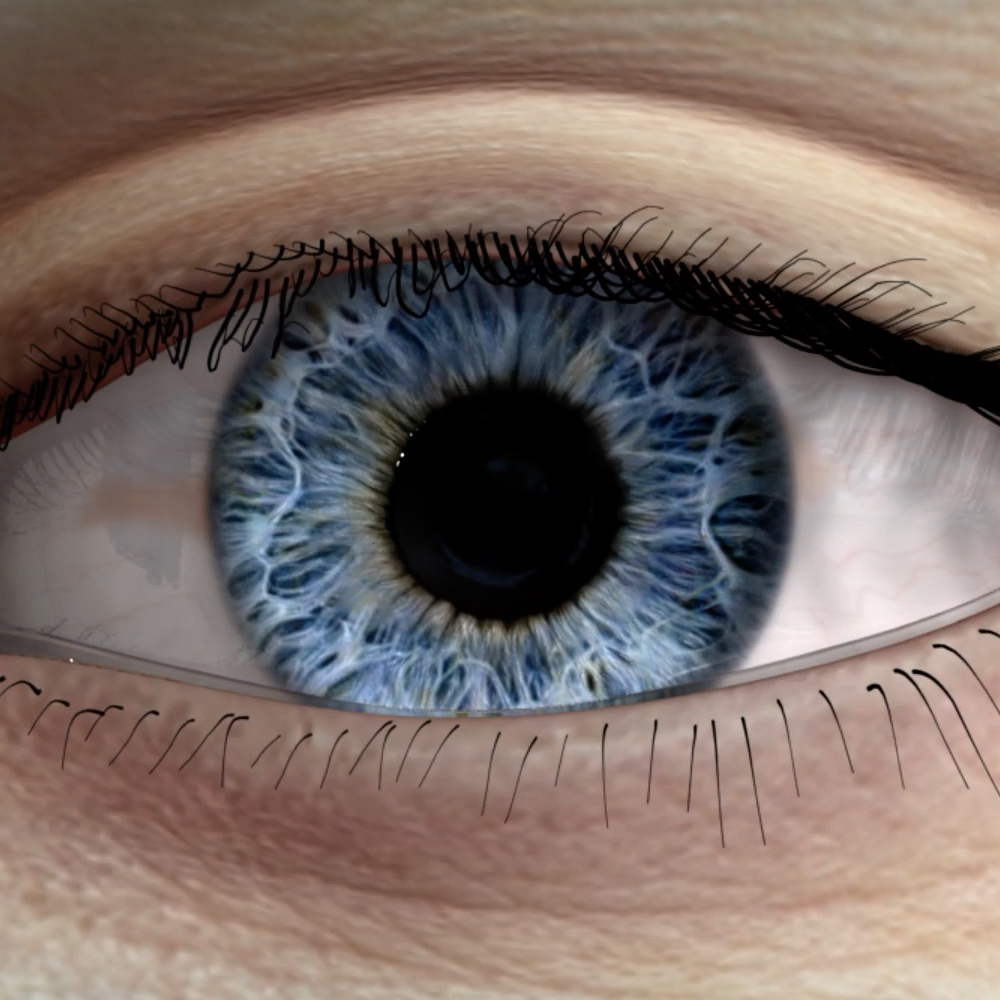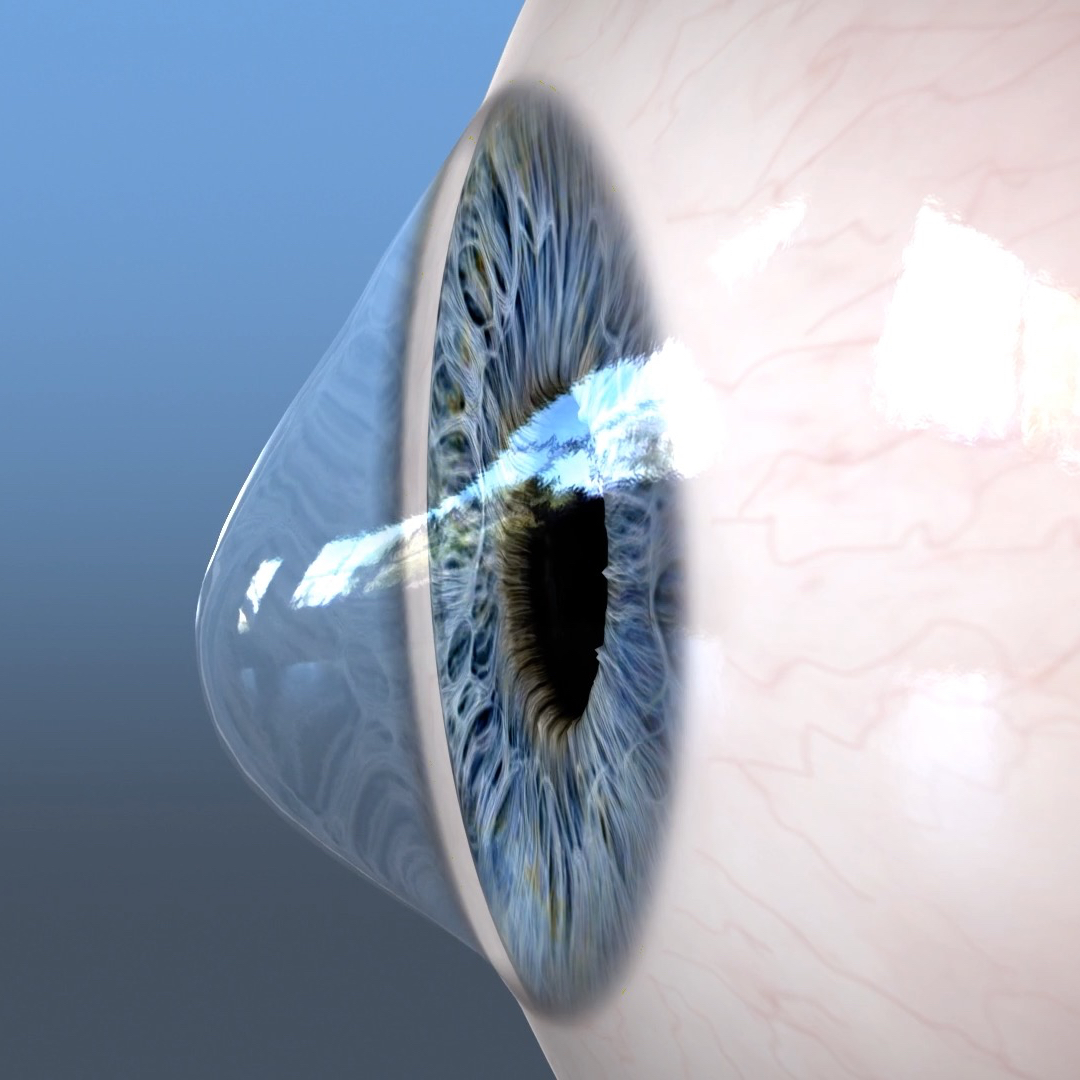Speciality Medical Contact Lenses for Keratoconus & Complex Eyes
Ultimate Comfort
We don’t fit scleral lenses by trial and error. We measure and create fully customised scleral lenses to precisely match your eyes’ individualised shape.
Scleral Profilometry
Great comfort depends on matching the shape of the scleral lens to the shape of the sclera (the white part of your eye). Until recently, it has been impossible to measure the shape of the sclera. Scleral profilometry is a new technology that measures over 350,000 points over the cornea and sclera. This is not the same as corneal topography which only measures the shape of the cornea and provides no information about the shape of the sclera.
Better Vision
Freeform lenses are more stable on the eye than conventional scleral lenses, we control the precise position of the optics to ensure better vision.
We See What You See
Patients with keratoconus suffer from haloes, glare, splitting and doubling of vision. Most patients find this difficult to explain to clinicians. Although these symptoms are reduced with specialty contact lenses, they are significantly affected by the position and fit of the lens as well as the optics.
We are fortunate enough to have the iTrace ray-tracing aberratometer. This is the World’s most accurate and sophisticated vision assessment system. It allows us to simulate your vision with and without scleral lenses. This means we can understand your visual symptoms and modify the fit of the lens to reduce the impact of these disturbing visual distortions.
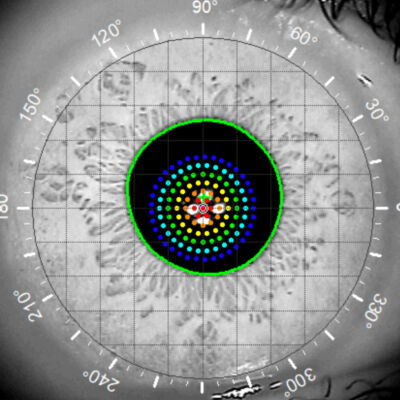
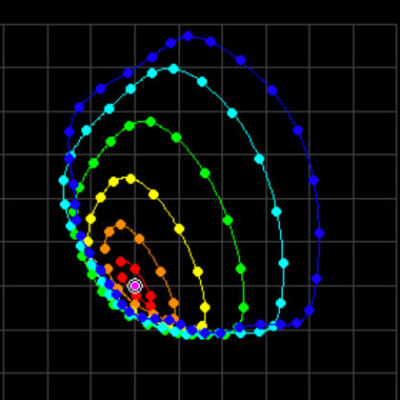
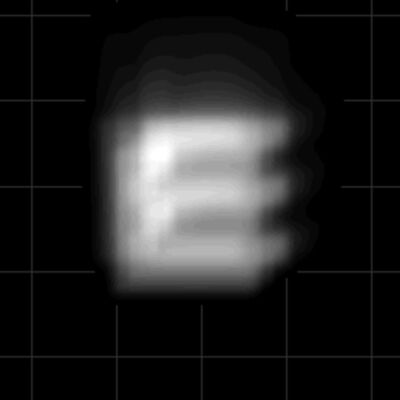
Ray tracing & vision in Keratoconus
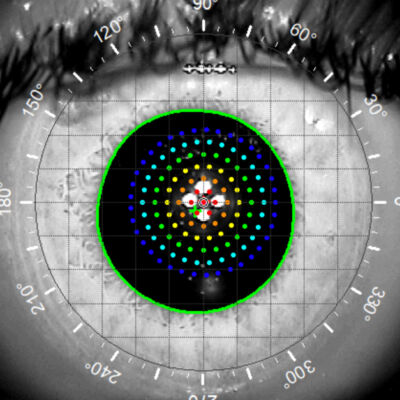
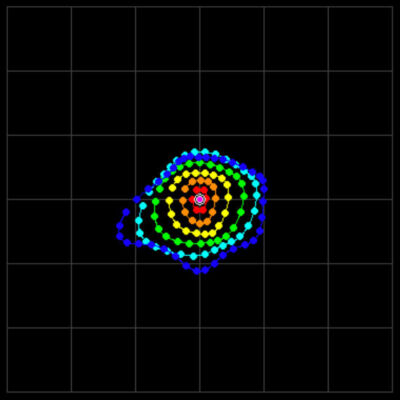
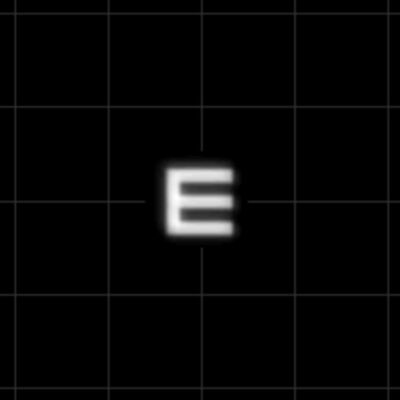
Ray tracing & vision in healthy eye
Our Expertise
Dr. Dave is an expert Optometrist specialising in complex contact lenses for medical eye conditions, dry eye, orthokeratology and glaucoma. He has also lectured all the world to Optometrists and Ophthalmologists. He’s has co-authored a definitive text book on a specialist contact lens procedure known as Ortho-k and has co-invented a clinical product sold by one the largest medical instrument suppliers. Dr. Dave has a passion for managing keratoconus and a deep understanding corneal topography and aberrometry – the key cause of vision reduction in keratoconus. He is committed to providing clear communication throughout his consultations.
Keratoconus
Keratoconus is a medical condition where the cornea thins and becomes and irregular causing reduced vision not correctable with spectacles.
Keratoconus usually develops in the second decade of life. The earliest signs are a thinning of the cornea. The thinning of the cornea causes its curvature and shape to become irregular often resulting in an increase in astigmatism. As the condition develops the irregularity causes vision to deteriorate to a point where glasses do not work.
Late in the disease the cornea can scar. The best way to stop progression is through corneal cross linking. The best way to improve vision is to wear scleral or rigid gas permeable lenses although in the early stages of the disease soft contact lenses may be helpful.
Testimonial from Steven
Steven came to us wearing a specialist soft contact lens for keratoconus. His vision was poor – especially at night. The haloes and doubling meant he could no longer drive. Now with his individualised scleral lenses he is able to drive comfortably and even exceeds the driving standard.
We Don't Only Specialise in Keratoconus
We Don't Only Specialise in Keratoconus
An irregular cornea can by caused by disease or surgery such as corneal grafts, radial keratotomy and older forms of laser eye surgery. Freeform corneal and scleral lenses can help improve vision for all these cases.

